5 Ways Data Modeling Is Critical to Data Governance
erwin
JANUARY 9, 2020
They also face increasing regulatory pressure because of global data regulations , such as the European Union’s General Data Protection Regulation (GDPR) and the new California Consumer Privacy Act (CCPA), that went into effect last week on Jan. So here’s why data modeling is so critical to data governance.

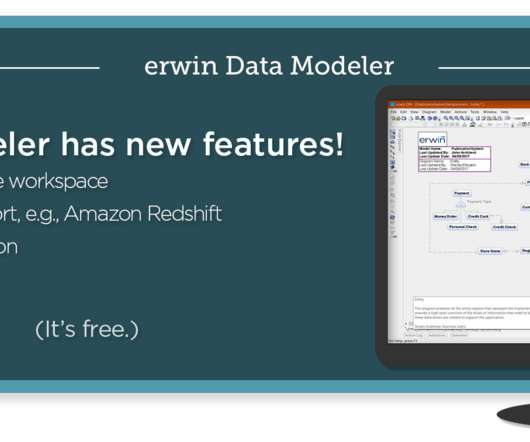


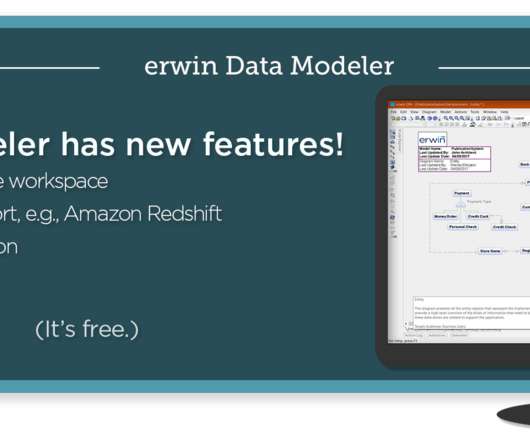




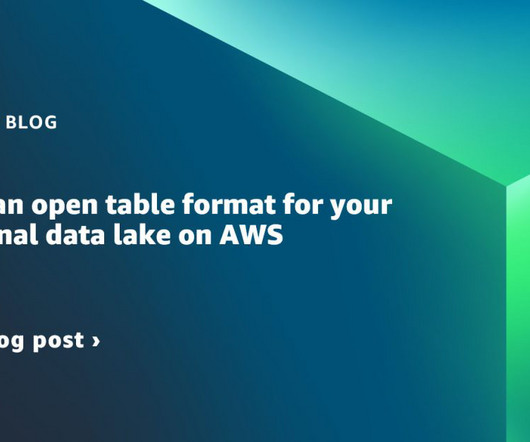
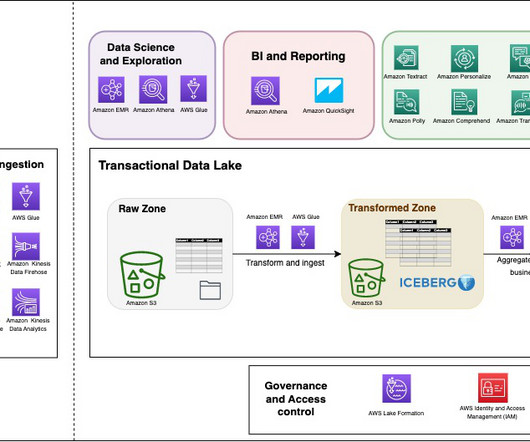





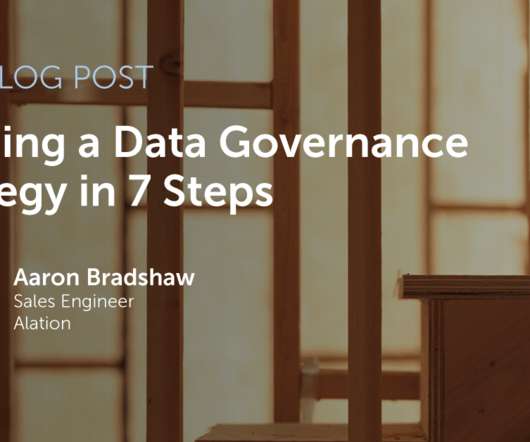









Let's personalize your content